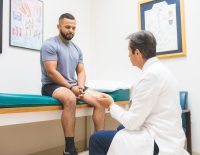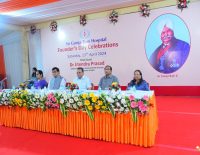Rising use of antibiotic leads Indian families to borrow money for treatment: ICMR

The Indian Medical Council of Research (ICMR) study has revealed that rampant use of antibiotic resistance has led the people in the country to borrow money for treatment.
As per an ICMR study, the use of Antibiotic Resistance has increased such an extent that people are forced to borrow to pay for the direct and indirect costs of treatment.
The study, published in the international medical journal, ‘BMJ Open’, found that private hospital treatment of some antibiotic-resistant bacterial infections could cost 10.6% the amount needed for drug-susceptible infections.
If pathogens are resistant to usual antibiotics, doctors use newer drugs that are expensive; moreover, as such a patient needs ICU stay, the treatment costs increase. 46.5% of the patients whose hospitalisation as well as indirect costs of treatment were computed, borrowed money.
Another 33.1% reached “grade 2 financial toxicity” by withdrawing savings. Some families cut down food consumption to meet the rising financial demands. “The proportion of families who had to sell or mortgage their assets which implies grade 4 financial toxicity was 11.4% for the drug-resistant infections and 9.8% for susceptible infections,” said the reports.
The study highlighted that managing resistant microorganisms in private hospitals cost $3,382 as opposed to $215 in charity trust-run hospitals in some cities. The incremental cost for resistant bugs was 10.7% higher than susceptible ones in private hospitals, it said, adding that pharmaceuticals were the major contributors.







